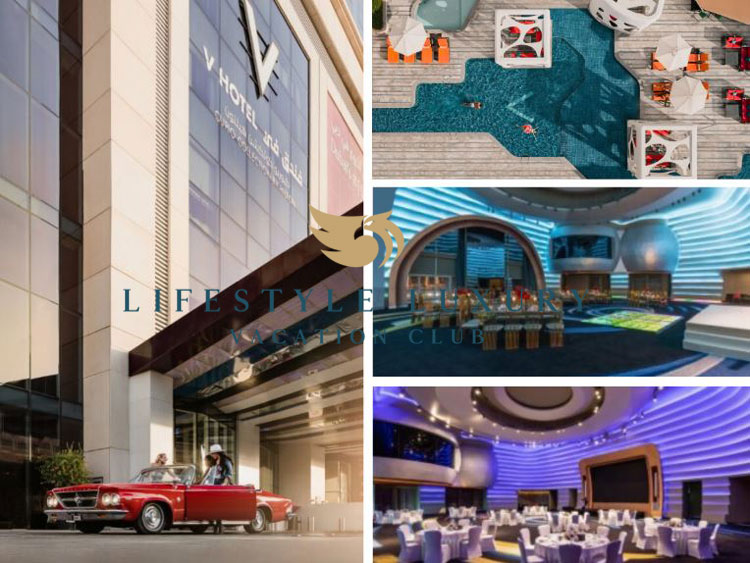One of the top cement firms in India, Ambuja Cements Limited is a division of the diverse Adani Group and is well-known for its hassle-free home building solutions. The corporation sells cement under the Ambuja name. Ambuja Cements Ltd (ACL) was first established as Ambuja Cements Pvt. on October 20, 1981. Ambuja Cements Limited, formerly Gujarat Ambuja Cement Limited (GACL), is a significant cement producer in India. The Group sells clinker and cement to both home and international consumers.

Ambuja Cement Ltd Company Details
| Company Name | Ambuja Cements Limited |
| Origin Country | India |
| Founded | 1983 |
| Chairman | N. S. Sekhsaria |
| Managing Director & CEO | Neeraj Akhoury |
| Headquarters | Mumbai, Maharashtra, India |
| Products/Services | Cement, Ready Mix Concrete |
| Number of Employees | Over 12,500 (as of 2022) |
| Official Website | www.ambujacement.com |
History
With backing from Gujarat Industrial Investment Company (GIIC) and Narottam Sekhsaria, Gujarat Ambuja Cement Ltd. (GACL) was founded in 1981 as a joint-sector enterprise. Its cement plant, operated in 1985, was established in technical cooperation with Bakau Wolf, Fuller KCP, and Krupp Polysius, Germany. Its distinctive goods, which are adapted to the climate of India, its environmentally friendly operations, and its programs that further the company’s mission of improving society have made it the most reputable cement brand in the country.
Services
It is a part of the Adani Group, which comprises the broadest and fastest-growing collection of sustainable, diversified companies. Since its founding, Ambuja Cement has offered hassle-free home-building solutions through its distinctive, sustainable development projects and eco-friendly business methods.
Facilities
Ambuja Cement now has 6 integrated cement manufacturing facilities, 8 cement grinding facilities, and a 31-million-ton cement capacity nationwide. When it comes to the conscientious use of natural and artificial resources, Ambuja Cement leads the industry. The company’s conservation initiatives and increased plant water efficiency have allowed it to become certified more than 8 water positive. Burning up to 1,26,000 tons of plastic waste in its kilns—roughly 3.5 times the total amount of plastic used—is also plastic-negative. 2.7% of the power required by the company was also produced using renewable resources.
Also see:
Anantha Nageswaran is the chief editor and writer at TheBusinessBlaze.com. He specialises in business, finance, insurance, loan investment topics. With a strong background in business-finance and a passion for demystifying complex concepts, Anantha brings a unique perspective to his writing.


